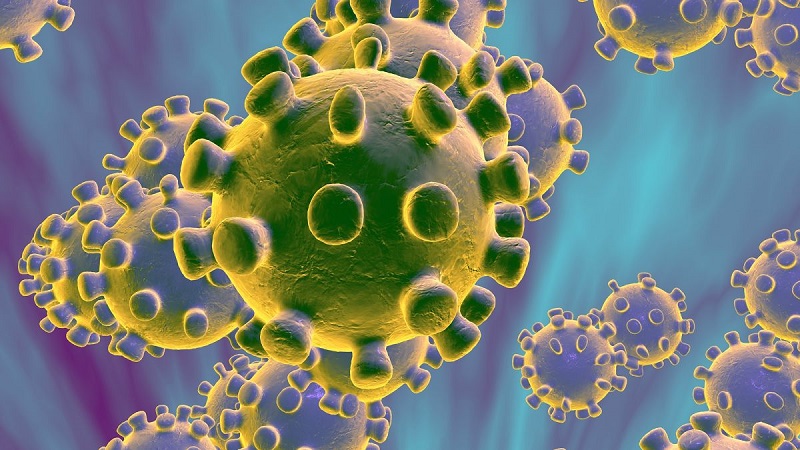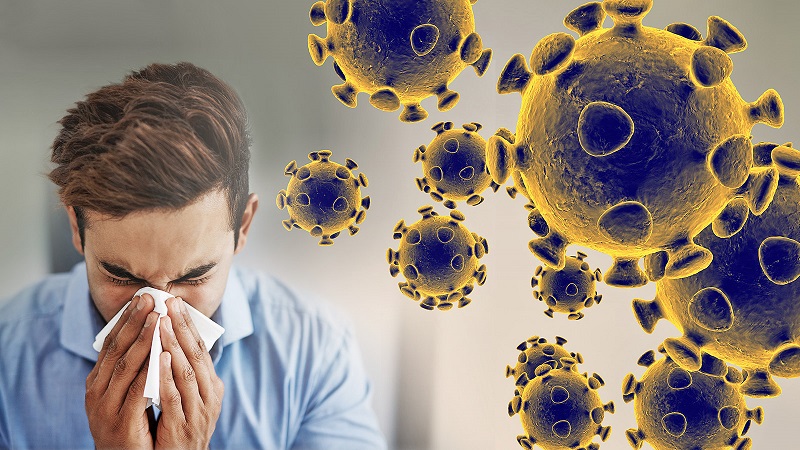A coronavirus is a virus that’s found in animals and, rarely, may be transmitted from animals to people then spread person to person. Along with COVID-19, other human coronaviruses have comprised:
The SARS virus, or severe acute respiratory disease, which occurred from the Guangdong province in southern China.

Do you know the Signs of a coronavirus?
Since the outbreak of a new coronavirus in Wuhan, China, health officials have been on high alert for any possible cases of the virus in other countries. So far, there have been a limited number of confirmed cases in other parts of the world, but experts say it is only a matter of time before the virus spreads more widely. Here are some signs that you may be infected with the coronavirus:
-You have a fever and a cough.
COVID-19 symptoms vary from mild to severe. It takes 2-14 days following exposure for symptoms to develop. Symptoms could include:
People who have weakened immune systems can develop more severe symptoms, such as pneumonia or pneumonia. You might not ever develop symptoms after being subjected to COVID-19. Thus far, most confirmed cases are in adults, however, a few kids are infected. There’s not any proof that children are at higher risk for receiving the virus.
Humans first receive a coronavirus in contact with animals. Afterward, it may spread from human to human. Health officials don’t know what creature caused COVID-19.
The COVID-19 virus could be spread through contact with certain bodily fluids, like droplets at a cough. It could also be brought on by touching a thing that an infected person has touched and then touching your hands into your mouth, nose, or eyes.
1. A coronavirus is a type of virus that can cause severe respiratory illness.
2. Signs that a person may have a coronavirus include fever, cough, and shortness of breath.
3. The virus is believed to cause a significant amount of respiratory illness each year, particularly in the winter months.
4. Early diagnosis and treatment of the illness is critical for preventing serious health complications.
What’s a coronavirus recognized?
If you think you’ve got COVID-19, then you need to get in touch with your family physician promptly. Prior to visiting the physician’s office, contact your concerns. This will permit the office to gather info and provide you advice on next steps. To diagnose you, your physician can conduct tests to rule out other common ailments. Sometimes, your physician may recommend you self-isolate to protect against the spread of disease.
Could a coronavirus be averted or prevented?
Stay away from people that are sick or assembly in huge groups. Stay home if you’re sick.
Don’t cough in your hands.
Clean your hands frequently with soap and warm water for at least 20 minutes, particularly after visiting the toilet, before eating, and after blowing your nose, coughing, or sneezing. If soap and water aren’t easily available, use an alcohol-based hand sanitizer with 60% alcohol. Always wash hands with water and soap if hands are visibly dirty. Avoid touching your nose, mouth, or eyes.
If you’re traveling into a place in which the COVID-19 is current, talk with your physician.
There’s presently no vaccine or therapy for COVID-19. Indicators of a coronavirus normally go away by themselves. If symptoms feel worse than a frequent cold, get in touch with your health care provider. They may prescribe fever or pain medicine.
Much like a cold or the flu, drink fluids and get lots of rest. If you’re experiencing difficulty breathing, seek immediate medical attention.
When possible, avoid contact with other people when you’re sick. In case you have COVID-19, then wear a facemask to stop spreading the virus to other people. The CDC doesn’t recommend wearing a mask in case you don’t have COVID-19.
Questions to ask your physician
“what do I do to stop my Family and Friends from accessing the COVID-19?
What over-the-counter medications work best for the symptoms?
Am I in danger of complications due to COVID-19?
What should I look for this could mean that there are complications?”






Hello very cool site!! Guy .. Excellent .. Wonderful .. Fayth Worthy Godard
Thanks for ones marvelous posting! I truly enjoyed reading it, you will be a great author.
I will ensure that I bookmark your blog and will eventually come back very soon. I want to
encourage you to ultimately continue your great job, have a nice morning!
Spot on with this write-up, I actually think this website needs rather more consideration. I’ll in all probability be once more to read far more, thanks for that info.